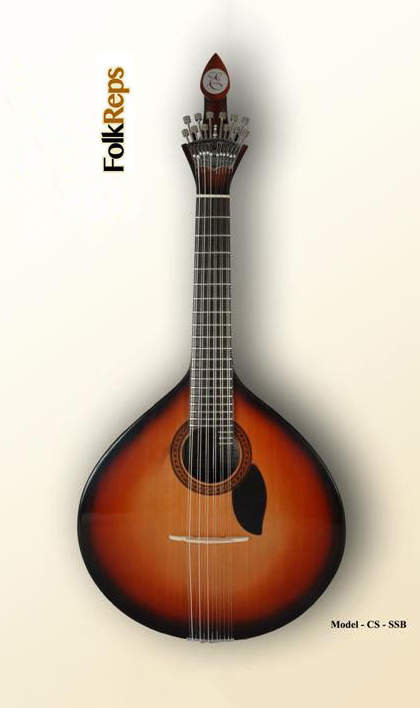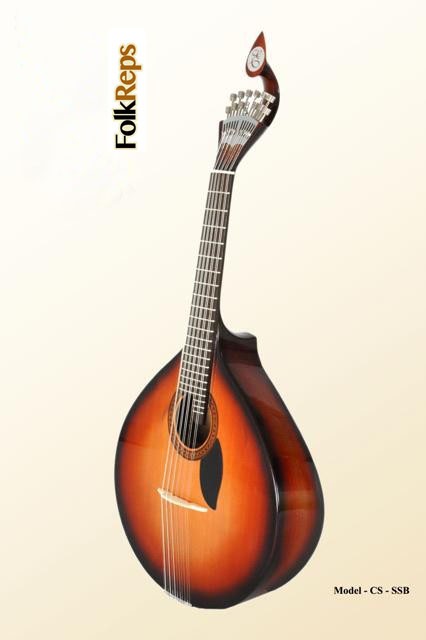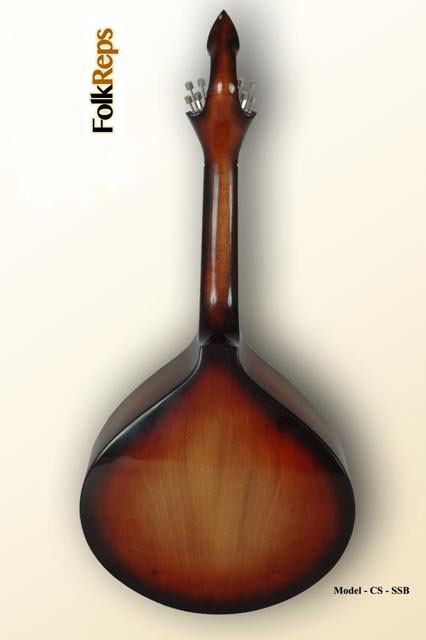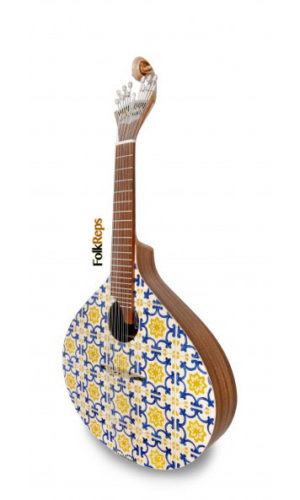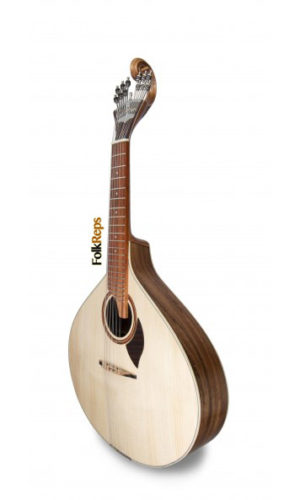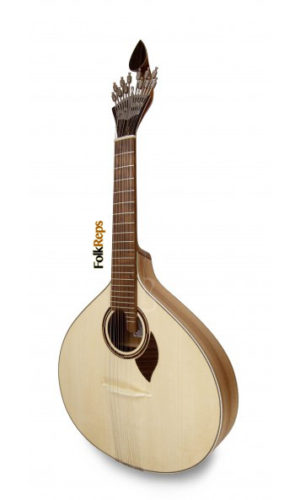Description
The Portuguese guitar was developed based on the English guitar, which was created in England in the late 19th century out of a Renaissance instrument called cittern.
The English guitar became known as such since the middle of the19th century. Due to the limited repertoire at the time, it seems that the English Guitar had died out in most of Europe by the end of the 19th century. However, perhaps due to the geographical location of Portugal, in the furthest corner of Europe, the Portuguese Guitar (twelve strings) continued to thrive there. It also preserves the ‘watch-key’ tuning mechanism of the 18th century English guitar or cittern, instead of modern machine head tuning machines.
Gonçalo Paredes and Flávio Rodrigues, amongst others, were the most respected composers within the traditional style. But Artur Paredes was rebellious and developed a far more aggressive, dramatic and sophisticated approach.
Working alongside the Grácio’s family, from Coimbra (his home town), Paredes literally reinvented and rebuilt the instrument with a view to open up more possibilities for sharper attacks, longer decays, as well as allowing for more complex and assertive sounds.
Carlos Paredes, Artur’s son, created new melodies and turned the Portuguese guitar into a concert instrument, playing with Jazz musicians, such as Charlie Haden, amongst others.
At the same time, in Coimbra, António Brojo and António Portugal developed both the Portuguese guitar and the Fado de Coimbra, overcoming previous limitations on composition and improvisation.
Currently, the Portuguese guitar is going through a process of musical fusion.
Tuning: SI (B) LA (A) MI (E) SI (B) LA (A) RE (D)

